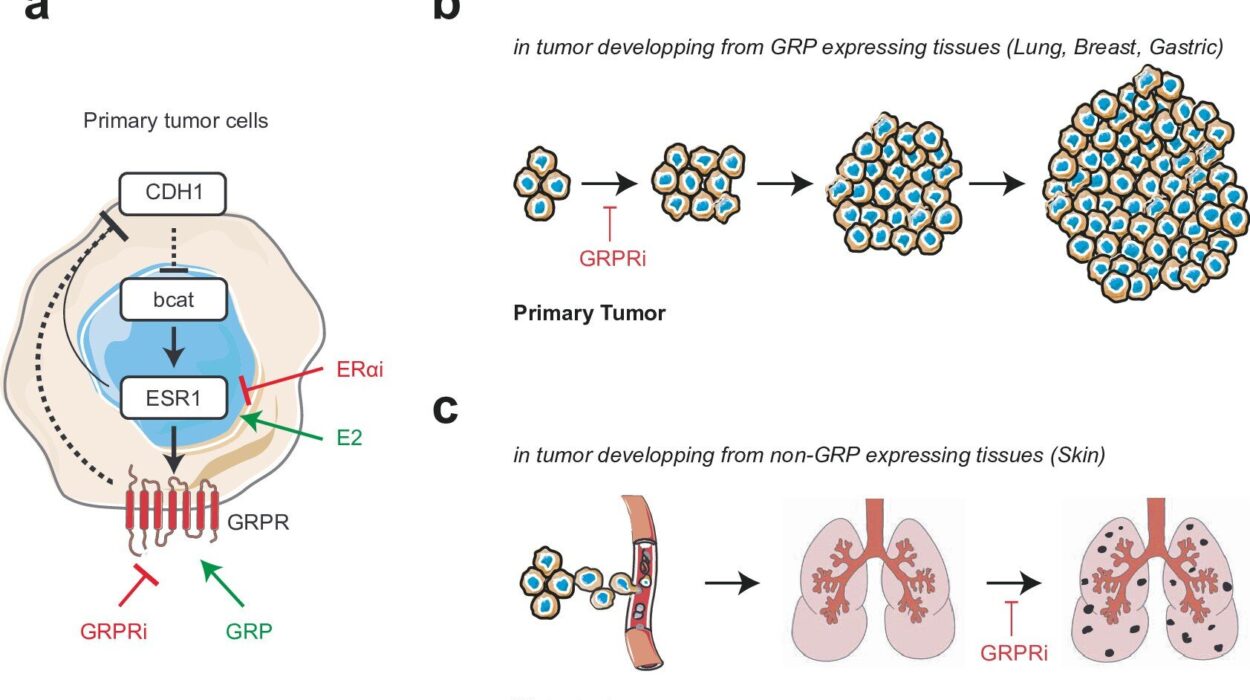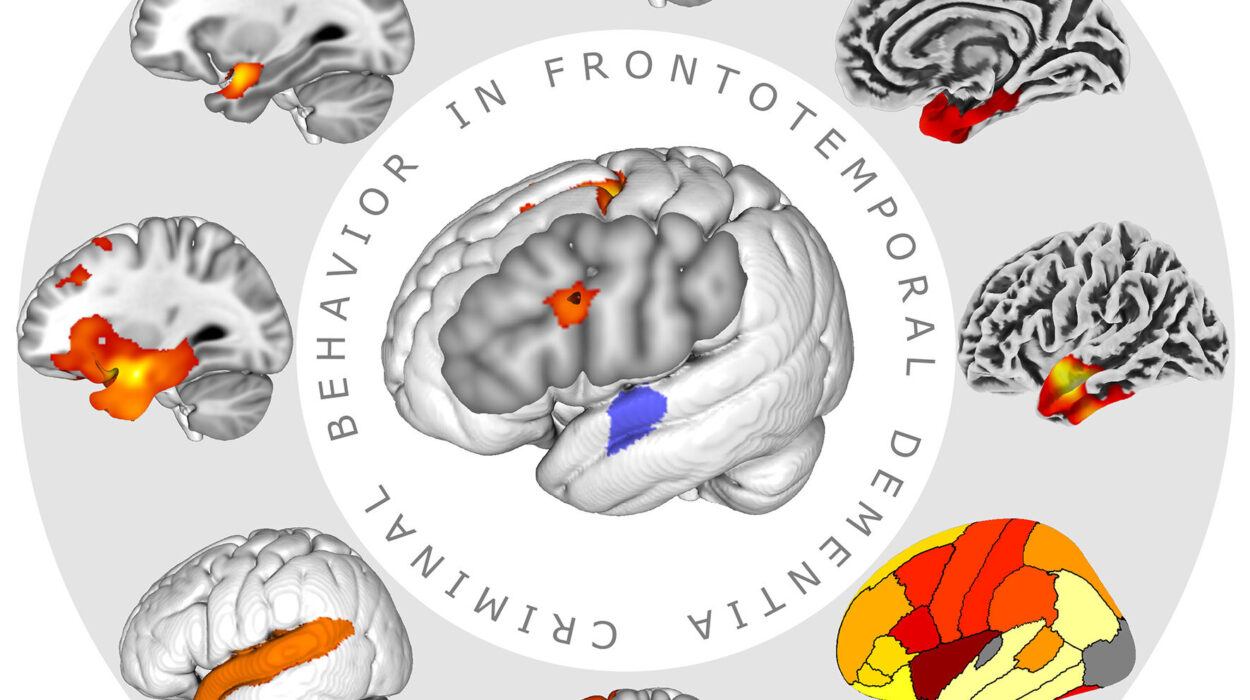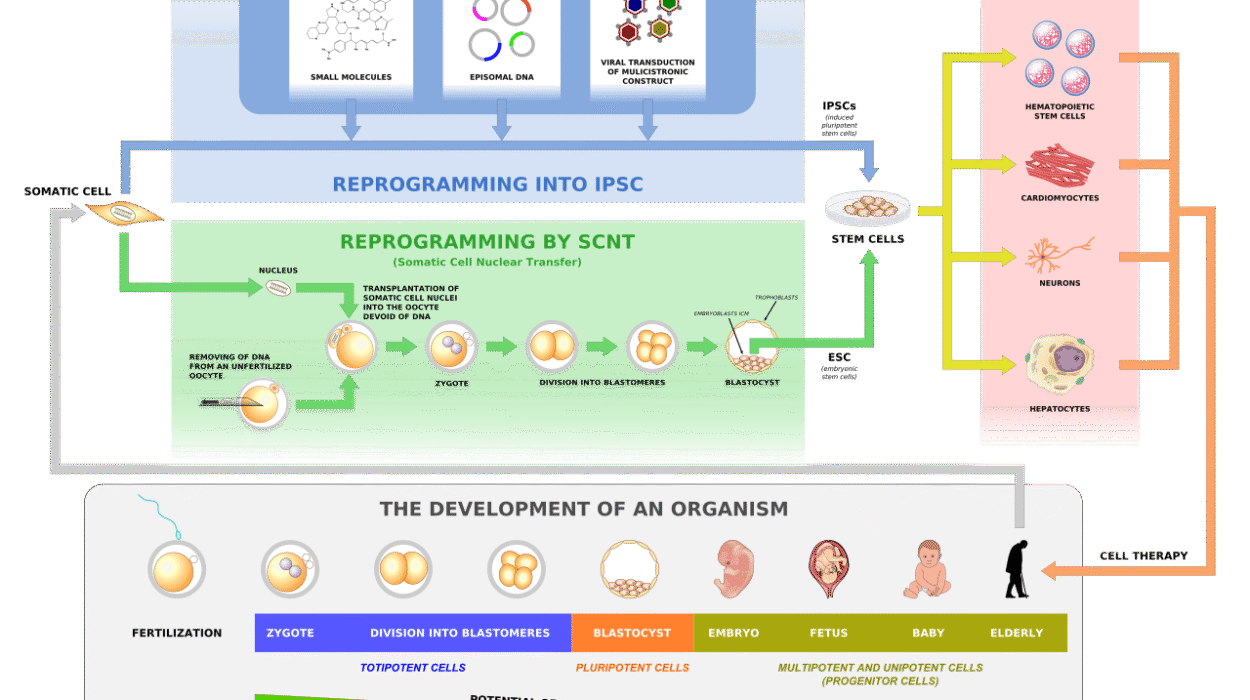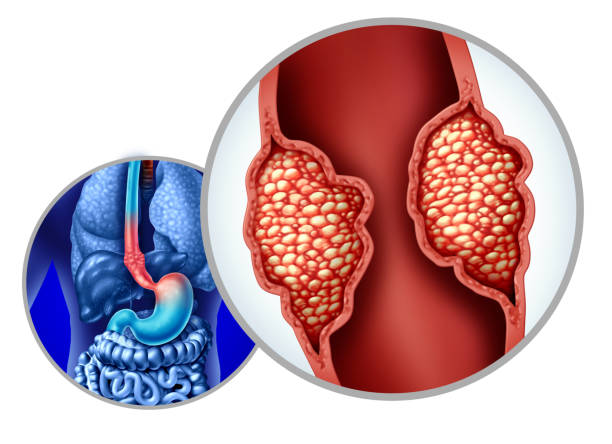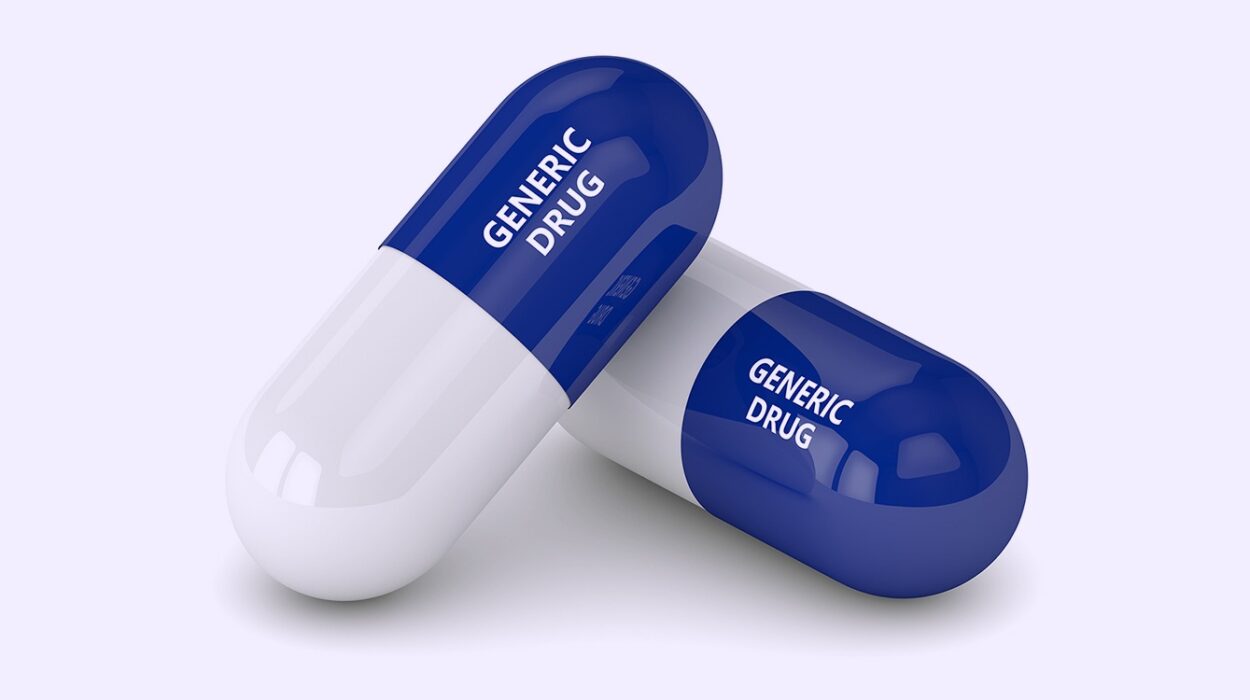Menopause is a natural milestone in every woman’s life, a transition that signals the end of menstrual cycles and fertility. For many, it arrives with mixed emotions: relief from monthly periods and pregnancy concerns, but also uncertainty about the changes in the body, intimacy, and identity. While menopause often marks the end of one chapter, it can also open the door to a new one—an opportunity to redefine intimacy, pleasure, and sexual wellness on one’s own terms.
Yet, alongside the positives, many women experience two challenges that profoundly affect their sexual lives: vaginal dryness and low libido. These concerns are not superficial; they strike at the heart of self-esteem, relationships, and overall well-being. Unfortunately, because sexuality after menopause is often cloaked in silence, women may suffer in isolation, unaware that solutions exist.
This article explores the science and the soul of postmenopausal sexual health—why these changes occur, how they affect women physically and emotionally, and what strategies can help restore not just function but joy.
Understanding Menopause and Its Sexual Impact
Menopause typically occurs between ages 45 and 55, though it can happen earlier or later. The transition, called perimenopause, can last several years and is marked by fluctuating hormones—particularly estrogen and progesterone. Estrogen, a hormone central to female reproductive health, plays an essential role in maintaining vaginal tissue elasticity, lubrication, and blood flow.
When estrogen declines, the body undergoes profound changes. Vaginal tissues thin and lose elasticity, blood circulation decreases, and natural lubrication diminishes. This often results in dryness, irritation, or pain during sex—a condition known as genitourinary syndrome of menopause (GSM). At the same time, hormonal shifts, stress, aging, and psychological factors can dampen sexual desire, leaving women feeling disconnected from intimacy.
For many women, these physical changes are compounded by cultural myths that suggest sexuality ends with menopause. Yet, biology tells us otherwise: women remain capable of experiencing desire, arousal, and orgasm long after their reproductive years. The challenge lies not in whether sexuality persists, but in how women adapt and nurture it.
Vaginal Dryness: A Common but Often Silent Struggle
Vaginal dryness is one of the most common postmenopausal symptoms, yet it is rarely discussed openly—even among friends or partners. For many, dryness transforms intimacy from pleasurable to painful. Women may experience burning, itching, or tearing during intercourse, leading to avoidance of sex and tension in relationships.
Medically, this dryness is a result of decreased estrogen. Without adequate estrogen, vaginal walls lose thickness and blood flow, reducing natural lubrication. Over time, the vagina can even shorten or narrow slightly, intensifying discomfort.
The emotional toll can be as profound as the physical. Women may feel frustrated, embarrassed, or even “broken,” despite the fact that vaginal dryness is a completely natural and treatable consequence of menopause.
Low Libido: More Than Just Hormones
A decline in sexual desire is another frequent concern after menopause. Unlike dryness, which is largely a direct result of hormonal shifts, libido is influenced by a web of biological, psychological, and relational factors.
Biologically, reduced estrogen and testosterone levels can blunt arousal and diminish sensitivity in erogenous zones. But libido is never purely physical. Stress from careers, aging parents, or grown children, as well as body image concerns or unresolved relationship issues, can weigh heavily on desire.
For some, cultural narratives—that sex is for the young, that aging bodies are unattractive—further erode confidence and willingness to engage in intimacy. The truth, however, is that libido can be rekindled. It may require not only physical solutions but also emotional openness, communication, and sometimes professional guidance.
The Emotional Dimension of Postmenopausal Sexuality
Sexual wellness is not simply about lubricants or hormone levels; it is about how a woman feels in her own skin and in her relationships. Menopause can bring self-consciousness about aging, body changes, or weight gain. Some women may mourn the loss of fertility, while others may struggle with shifts in their partner’s sexual health.
These emotions matter. Sexual desire is deeply tied to self-esteem and emotional intimacy. If a woman feels unattractive or disconnected, her body may respond accordingly. Conversely, when women embrace this new chapter with acceptance, curiosity, and self-love, they often find sex can become more fulfilling than ever before—free from the anxieties of fertility and the pressures of youth.
Medical Solutions for Vaginal Dryness
For women experiencing vaginal dryness, there are effective, scientifically proven treatments that restore comfort and function.
The first line of relief often comes from over-the-counter lubricants and moisturizers. Unlike lubricants, which provide temporary moisture during intercourse, vaginal moisturizers are used regularly to improve hydration and tissue health. Products designed specifically for vaginal use can significantly reduce irritation and enhance pleasure.
For more persistent dryness, local estrogen therapy is one of the most effective treatments. Available as creams, tablets, or rings, vaginal estrogen directly replenishes hormone levels in the tissues, restoring elasticity, thickness, and lubrication. Because it acts locally, systemic absorption is minimal, making it safe for most women under medical supervision.
Non-hormonal therapies are also emerging, including laser treatments that stimulate collagen production and blood flow in vaginal tissues. While research is ongoing, many women report significant improvements in comfort and satisfaction.
Restoring Libido Through Medical and Holistic Approaches
Rekindling sexual desire after menopause often requires a more comprehensive approach, blending medical options with psychological and lifestyle strategies.
Hormone replacement therapy (HRT), which restores systemic estrogen levels, may improve libido in some women, though its use must be carefully tailored based on health history. For others, testosterone therapy—used off-label in women—has shown promise in enhancing sexual desire and arousal.
Beyond hormones, non-hormonal medications such as flibanserin or bremelanotide are available for women diagnosed with hypoactive sexual desire disorder (HSDD). These medications target brain chemistry rather than hormones, addressing the neurological aspects of desire.
But libido is not just a pill away. Holistic strategies—mindfulness, stress reduction, physical activity, and open communication with partners—often play an equally powerful role in reigniting desire. Women who explore new forms of intimacy, whether through sensual touch, erotic literature, or simply more time spent connecting emotionally, frequently find that desire returns naturally.
The Role of Communication in Sexual Wellness
One of the most transformative solutions to postmenopausal sexual challenges is often the simplest: communication. Many women suffer in silence, afraid to admit discomfort or disinterest to their partners. Yet, open dialogue about needs, fears, and desires can relieve tension and foster intimacy.
Partners who understand the physical realities of menopause are better equipped to respond with patience, creativity, and compassion. Together, couples can explore alternative forms of intimacy, experiment with new techniques, or simply take the pressure off penetrative sex until comfort is restored.
Therapists and sex counselors can also provide invaluable support, offering tools to navigate complex emotions, rekindle intimacy, and build sexual confidence.
Redefining Intimacy Beyond Intercourse
Menopause can invite couples to rethink what intimacy means. While penetrative sex may become more challenging for some, intimacy itself does not end with menopause. Many women discover deeper satisfaction through expanded definitions of sexual connection: extended foreplay, oral sex, mutual massage, or non-sexual forms of touch that foster closeness.
For some, menopause liberates sexuality from rigid expectations. Without the worry of pregnancy or the weight of youthful performance standards, sex can become more playful, experimental, and emotionally intimate. In this way, menopause can shift intimacy from reproduction to pure connection and pleasure.
Lifestyle and Holistic Strategies for Sexual Wellness
Healthy lifestyle choices can profoundly affect postmenopausal sexual wellness. Regular exercise boosts circulation, strengthens pelvic muscles, and improves body confidence. Balanced nutrition supports hormone regulation and energy levels, while adequate sleep reduces stress and fatigue that can dampen desire.
Mind-body practices such as yoga, meditation, and mindfulness have been shown to enhance sexual satisfaction by reducing anxiety, improving focus, and increasing awareness of bodily sensations. Women who cultivate mindfulness often report heightened pleasure and more present, fulfilling sexual encounters.
Pelvic floor therapy, often overlooked, can also be transformative. Strengthening pelvic muscles through targeted exercises improves blood flow, vaginal tone, and arousal, while also addressing urinary symptoms that sometimes accompany menopause.
Breaking the Silence and Stigma
Perhaps the greatest barrier to postmenopausal sexual wellness is cultural silence. Too often, women are led to believe that sex is only for the young, that desire naturally fades with age, and that talking about vaginal dryness or low libido is shameful. This stigma isolates women and prevents them from seeking help.
In truth, sexual health is a vital part of overall health, at every stage of life. Conversations about menopause, intimacy, and pleasure must be normalized—in doctor’s offices, in relationships, and in society at large. Every woman deserves to know that her sexuality is not “over” at menopause; it is simply evolving.
Embracing a New Sexual Identity
Sexuality after menopause is not about clinging to what was lost but embracing what is possible. Many women report that sex in midlife and beyond becomes more meaningful, emotionally rich, and personally satisfying. Freed from reproductive concerns, many discover new depths of intimacy, confidence, and self-awareness.
This journey may require adjustments—lubricants, therapy, new practices—but it also offers liberation. Women can reclaim sexuality as a source of pleasure, connection, and vitality, not just an obligation or expectation.
Conclusion: A Future of Fulfillment
Sexual wellness after menopause is not a contradiction—it is a reality available to every woman willing to explore it. Yes, challenges like vaginal dryness and low libido are common, but they are not insurmountable. Science provides effective treatments, and emotional openness offers pathways to rediscovering intimacy.
Menopause is not the end of sexuality; it is an invitation to redefine it. It is a chance to cultivate deeper connections, greater self-love, and renewed pleasure. By breaking the silence, embracing solutions, and honoring the body’s changes, women can thrive sexually long after menopause—writing a new chapter that is not about loss but about transformation and fulfillment.

